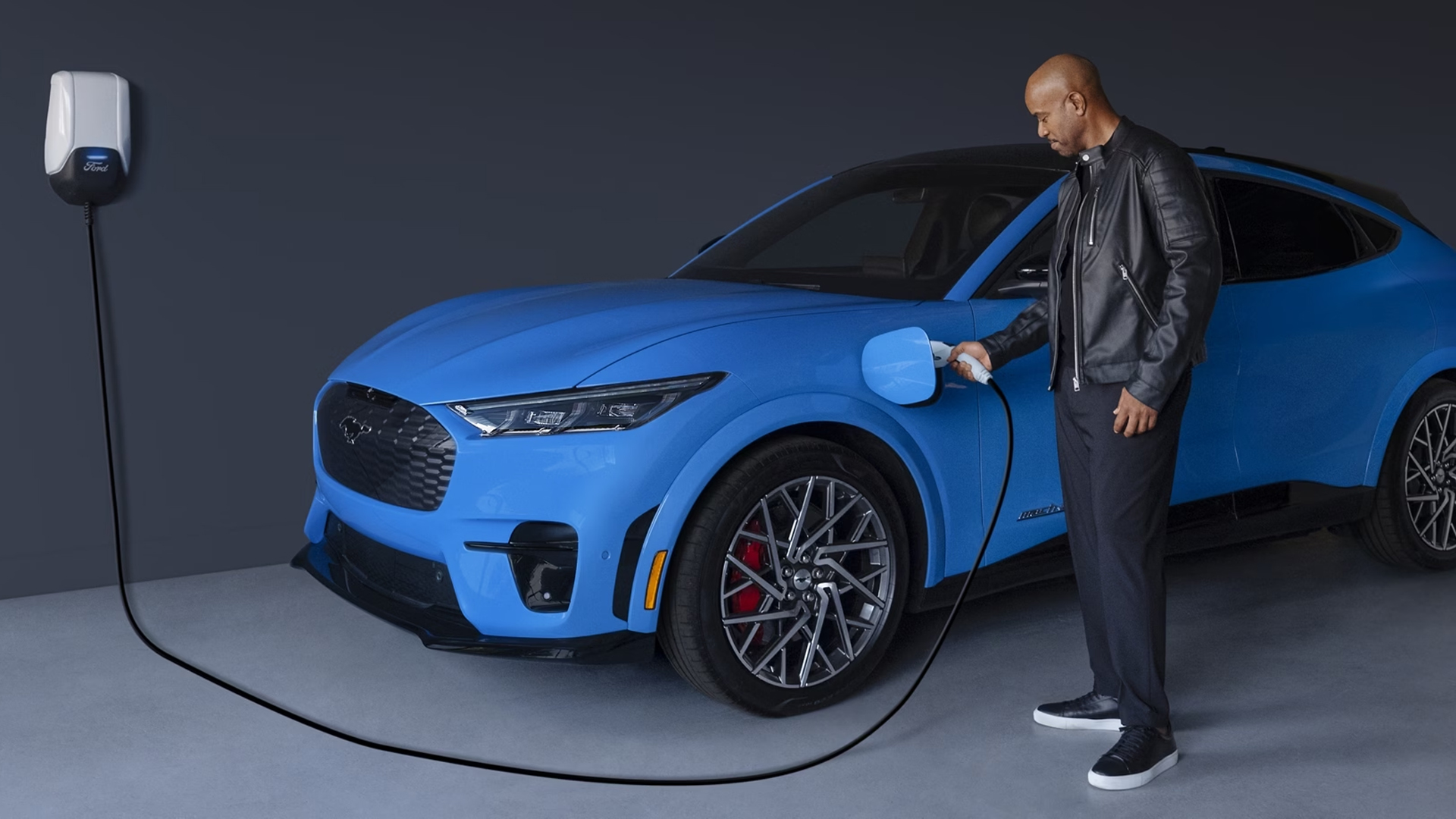

The world hasn’t been shy with its desire to move towards electric cars. Governments from around the globe have even put a clock on the changeover—one of the most notable being the United Kingdom’s, which has committed to banning the sale of combustion-powered passenger cars by 2030.
Following a string of aggressive timeline planning over the past five years that sped up the transition by a full decade, the Brits are now looking to ease up on their proposed timeline. Now, according to Automotive News, manufacturers who were originally skeptical of the demanding deadline are warning that by relaxing the pace toward full electrification, their time-sensitive industry investments could be at risk.

British Prime Minister Rishi Sunak’s decision to delay former PM Boris Johnson’s ICE ban by five years is expected to drop later this week. The move would delay the prohibition to 2035, bringing it in line with the deadline of the European Union’s sweeping ban on fuel-burning engines—something that the U.K. is not locked under the same timeline, given its withdrawal from the EU in 2020.
“The auto industry is investing to meet that challenge,” said Ford’s U.K. chair and managing director, Lisa Brankin. “This is the biggest industry transformation in over a century and the UK 2030 target is a vital catalyst to accelerate Ford into a cleaner future. Our business needs three things from the UK government: ambition, commitment, and consistency. A relaxation of 2030 would undermine all three.”
Ford says that it has already invested around $531 million in its U.K. plants, but that’s just the start. Ford revealed that it also has been planning additional investments specifically aligned with the U.K.’s 2030 ICE deadline, and hinted that a change in policy could jeopardize returns. After all, the company has already started winding down production of gas-powered cars at certain facilities with the intent of converting those production lines to EV manufacturing in the coming years.
“We need the policy focus trained on bolstering the EV market in the short term and supporting consumers while headwinds are strong: infrastructure remains immature, tariffs loom and cost-of-living is high,” said Brankin.
Meanwhile, other automakers not yet ready to take the jump to fully electrified vehicles by 2030 are seeking clarification from the U.K. government.
BMW (which operates manufacturing facilities for Mini in Oxford, England and Rolls-Royce vehicles in Goodwood) says that England’s proposal on the 2030 ban would allow automakers to continue peddling hybrid-powered cars as long as the cars featured significant zero-emission capabilities. However, the proposal did not specifically define what “significant zero-emission capability” actually means, which has left the U.K.’s automotive manufacturing industry wondering exactly how to comply.
Tata-owned Jaguar Land Rover also said it would welcome clarification.

While it’s unlikely consumers feel angst over how well-lined an automaker’s pockets are, the truth is that the market must also buy into the switch for it to be successful. That means compelling pricing, meaningful buying incentives, and a smooth transition from a car that runs on gas to one that relies on electrons.
“To make this a reality, however, consumers must want to make the switch, which requires from government a clear, consistent message, attractive incentives and charging infrastructure that gives confidence rather than anxiety,” said Mike Hawes, the CEO of the Society of Motor Manufacturers and Traders, which serves as the U.K.’s auto industry trade group. “Confusion and uncertainty will only hold them back.”
Got a tip or question for the author? Contact them directly: rob@thedrive.com